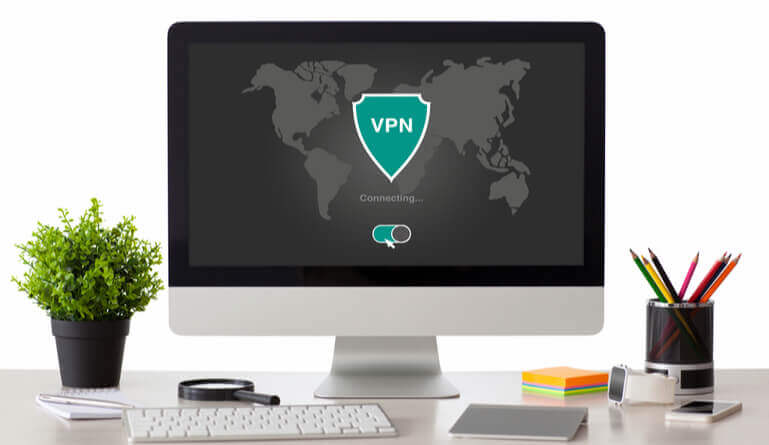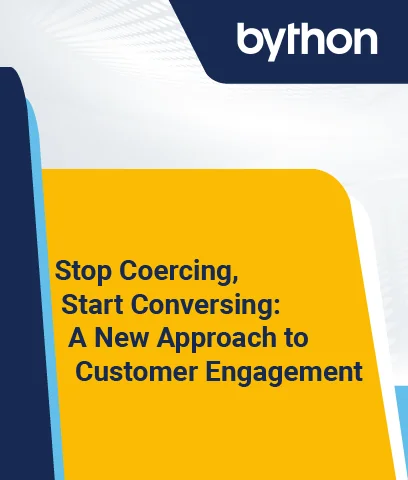Guest Contribution by David Barnes
When you choose a good VPN provider, there are a couple of things you need to keep in mind. It seems that you can’t really even function without a virtual private network nowadays. Everybody is selling our data, everybody is tracking everybody, and let’s not even get into corporate espionage. However, whatever the reason you might be using a VPN, you still need to be smart when it comes to choosing the one you need.
There is no perfect VPN for everybody. Rather, you need to consider your own needs and capabilities, and maybe read our guide below and see what is the VPN you need, right now. We take a look at what analyzing your potential virtual private network uses, and then we deal with how you can actually use it to your advantage.
Speed
Probably one question people are asking the most frequently – will a virtual private network throttle my speed? Namely, if your connection is slow that you don’t even want to use the internet anymore, there is no point in getting a virtual private network then. So, try to figure out what speed metrics are important to you – download speed, upload speed, and ping time.
The first two are pretty clear – it’s the data you send and receive once you are connected to the internet. This means downloading files or streaming videos. Backups and uploads are, well, your upload speed, and these might also be important if you want to get your work secure as quickly as possible.
Ping time is a bit different. It essentially represents the time needed to send one data unit from your computer, through a virtual private network, to a destination, and then back. Usually specified in milliseconds, you want this to be as low as possible. This is very, very important if you want a smooth online gaming experience or a nice Skype call going.
So, take a good look at your VPNs, and see what speeds they offer. Furthermore, keep in mind that your location can influence your speeds as well, which brings us to our second point…
Location
Things like geo-blocking, for example, can cause some issues when it comes to using the internet. Since a VPN allows you to connect to a specific location or country, you can bypass these restrictions. For example, you might be interested in watching a Netflix show, but it’s blocked where you live, in, let’s say, Italy. Well, choosing the right virtual private network means you can connect to a server and act as you come from the US.
So, when you are choosing a good, try to get one that lists out its exact servers, one that shows what locations you can connect to.
Restrictions?
Be mindful when searching for VPNs, see if there are some that posit restrictions on your internet usage. Most have some kind of limitation, like allowing only a certain number of simultaneous connections.
Furthermore, there are virtual private network that block peer to peer, torrent, or file-sharing services. Obviously, if you want to use these services, you want to avoid VPNs that block you in this manner. Also try to figure out how many connections do you need at a given moment, and how many will a certain VPN block (if any).
Finally, see if there are downloads or upload limits for some VPNs. That can get annoying pretty fast too.
( Also Read: Virtual Private Network (VPN): Guide )
Pricing
Your budget, of course, is another important factor when it comes to VPNs. Just don’t be fooled by the cost of a VPN. Even though a VPN may cost more than another type of provider, that doesn’t mean it’s better.
Furthermore, know that free VPNs are also perfectly acceptable. While they might not have all the benefits of a paid version, you can still find some very effective free VPNs from a list of trusted sources that can be found here. The point is staying safe, and you will certainly achieve that with a tried and true virtual private network.
We would also like to point out that there are special payment options that come with certain paid VPNs. Maybe you can pay instantly, maybe overtime. You might also check out how you pay stuff – choosing PayPal, Payoneer, or even through cryptos.
Privacy
The core reason many people use VPNs is because of privacy and security. So, it’s kind of paradoxical that some providers actually keep logs. You will most likely want to get a legless, or zero logs, service.
Note that there are several types of logging, with varying degrees and intensities. So, some might not log your browsing history, but they might keep info on your bandwidth usage, or connection times, or what IP addresses you visited. This may not sound much, but why even get a virtual private network then? Furthermore, with some extra data, people actually can figure out who you are, and how to get to you. So, you need to figure out if your VPN is trustworthy.
Next – what personal info do they keep? Do they take your physical address, your phone number? Do they just get an email, or do they ask for even more data? A nosy virtual private network service is one you should avoid, keep that in mind at all times.
Technical stuff
For those more technically minded, you might care about specific VPN protocols. Do you prefer OpenVPN, PPTP, L2TP… Pick a system you prefer.
What kind of encryption are you interested in? Do you think you will need an RSA-4096 handshake, an AES-256, SHA-512…? Maybe you want double virtual private network functionality or some other kind of setup. Some providers offer internet kill switch systems…
Furthermore, you will, of course, get a VPN that is right for your device. Most can work on pretty much any device, but some are more specialized. You might prefer a completely optimized Android VPN, as well as some optimized for Windows.
Conclusion
And there you have its folks, things to consider when getting a good virtual private network, and how to actually choose the one you need. Whether its Geo-blocking, pure speed, bypassing certain restrictions, or whatever else you are aiming at, we are certain you can find it above.







